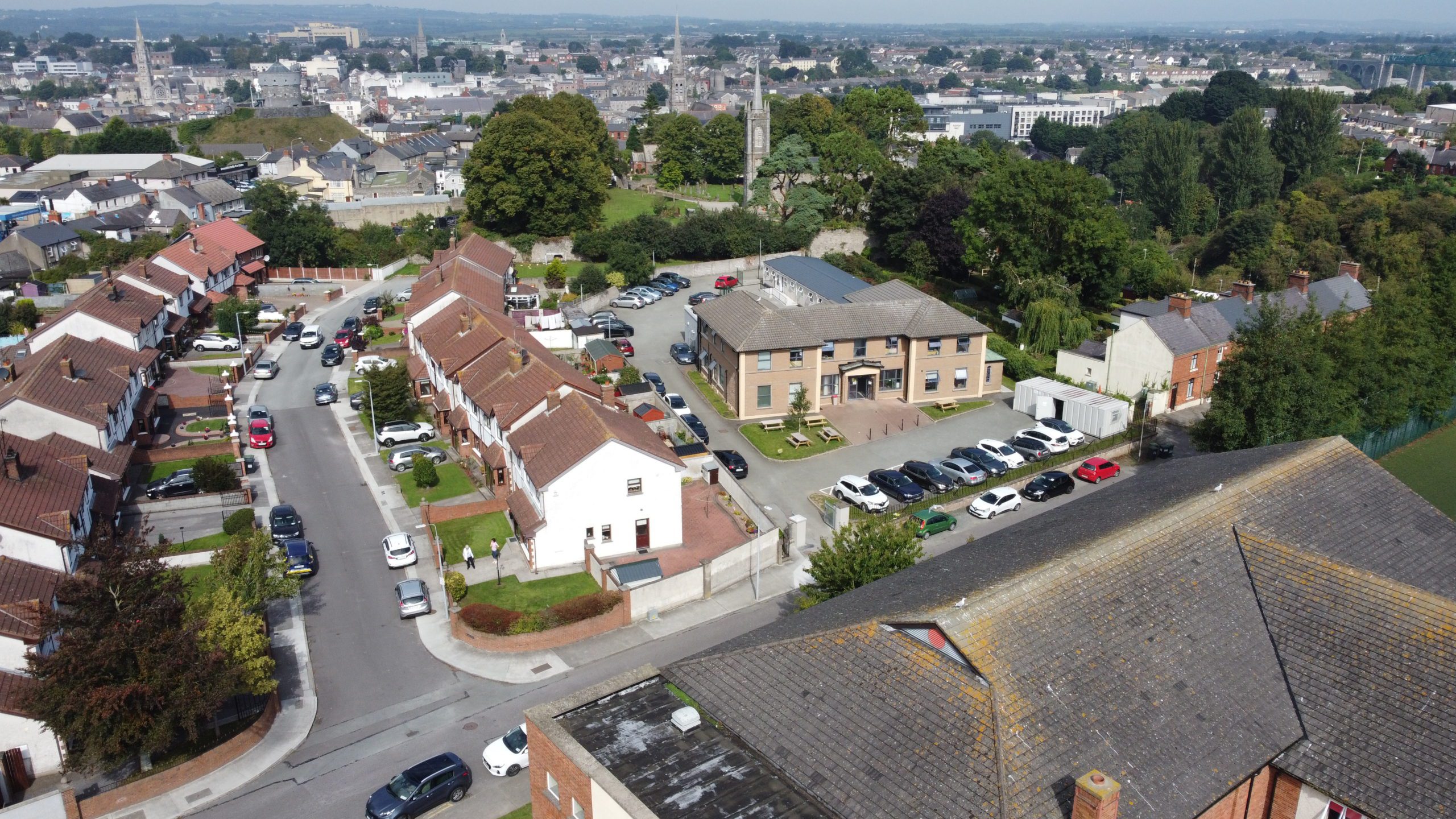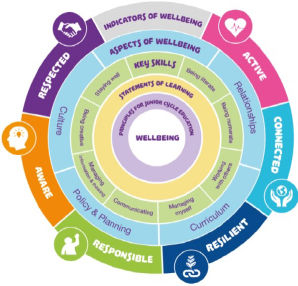


The reformed Junior Cycle has placed Wellbeing at its core. There is overwhelming evidence to prove that students learn more effectively if they are happy in their work, believe in themselves and feel that school is supporting them. Furthermore, ESRI research found that children with higher levels of emotional, behavioural, social and school wellbeing had higher levels of academic achievement subsequently at the ages of 11, 14 and 16.
From August 2021 schools will be obliged to dedicate a minimum of 400 hours to wellbeing. Given the level of priority that the Department of Education are giving to wellbeing as an area of learning, it is vitally important that we ensure that the time devoted to it is well planned and facilitated to ensure that our students gain the maximum benefit from these classes.
Here in St. Mary’s many activities take place with Wellbeing for students at the core of these activities. These include for example our annual Sports Day, Seachtain Na Gaeilge, Maths Activity week, with many more activities offered throughout the year.